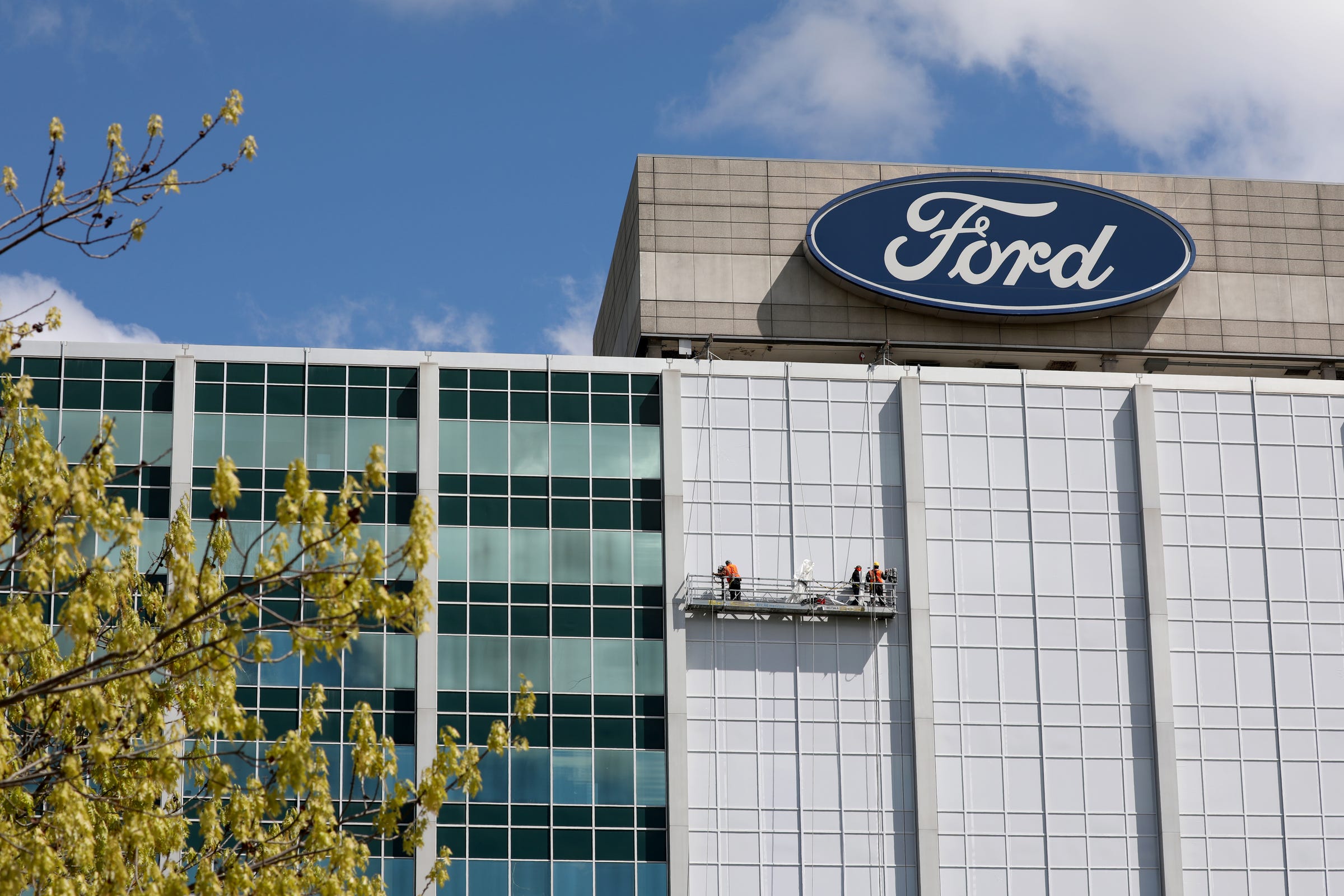Ford Motor Company’s stock dropped after the company published fourth-quarter earnings on Thursday that fell short of Wall Street projections on both earnings and revenue.

In after-hours trading, the company’s stock dropped by more than 6%. The stock fell 3.6 percent to $19.79 per share on Thursday.
Ford’s annual profitability projection for 2021 was met, but production targets were missed owing to supply chain issues, including a continuing scarcity of semiconductor chips, Ford CFO John Lawler told reporters during a conference call on Thursday.
Ford’s North American businesses, like they did in previous quarters, contributed the most to the automaker’s earnings, jumping 67 percent to $1.8 billion from a year ago. International losses included $150 million in China, which was down 130 percent, and $159 million in Europe, which was down 138 percent.
Read Also: Stock Trading in the UK- Beginner Guide
The automaker’s fourth-quarter net income increased to $12.3 billion from a loss of $2.8 billion in the final three months of 2020. This included an $8.2 billion profit on its investment in Rivian Automotive, an electric vehicle start-up. Ford’s adjusted earnings for the fourth quarter were $2.0 billion after adjusting for that and other variables such as taxes.
Rivian’s investment boosted the company’s full-year net profits to $17.6 billion, with an operational profit of $10 billion. Lawler warned investors on Thursday that the investment could cause future earnings to be volatile. Rivian is owned by Ford, which controls around 12% of the company.
Foresight
Ford expects improved pretax earnings of $11.5 billion to $12.5 billion in 2022, up 15% to 25% from 2021, and improved free cash flow of $5.5 billion to 6.5 billion.
The predicted earnings gain comes as the chip shortfall is likely to lessen over the course of the year. Due to a dearth of semiconductors, Ford and other automakers were forced to close plants on a periodic basis, depleting vehicle inventories.
As Ford implements CEO Jim Farley’s Ford+ turnaround strategy and accelerates its transition to electric vehicles, the carmaker aims to spend between $7 billion and $8 billion, up from $6.2 billion in 2021. This involves the introduction of electrified Transit cargo vans and F-150 pickup trucks.
Ford ended the year with $36.5 billion in cash and assets, including $10.6 billion in its Rivian holding. That valuation, however, is based on Rivian’s stock price of $103.69 per share. The stock finished at $60.36 per share on Thursday.
The electric F-150 Lightning is still on pace for a second-quarter introduction, according to Lawler, who added that bookings for the car have been halted after reaching 200,000 units.
Production
According to Lawler, Ford anticipates car wholesale volumes, which are closely linked to manufacturing, to climb by 10% to 15%, up from a previous projection of 10%.
According to Refinitiv, analysts expect Ford will earn between $1.54 and $2.35 per share this year on revenue of $147.5 billion.
Ford sold 1.9 million automobiles in the United States in 2021, down 6.8% from the previous year, as it navigated a global semiconductor chip scarcity. The parts shortage led Ford and other automakers to close operations on a periodic basis, depleting vehicle inventories.
Ford’s stock has dropped nearly 4% this year after soaring by roughly 140 percent in 2021.

Leave a Reply